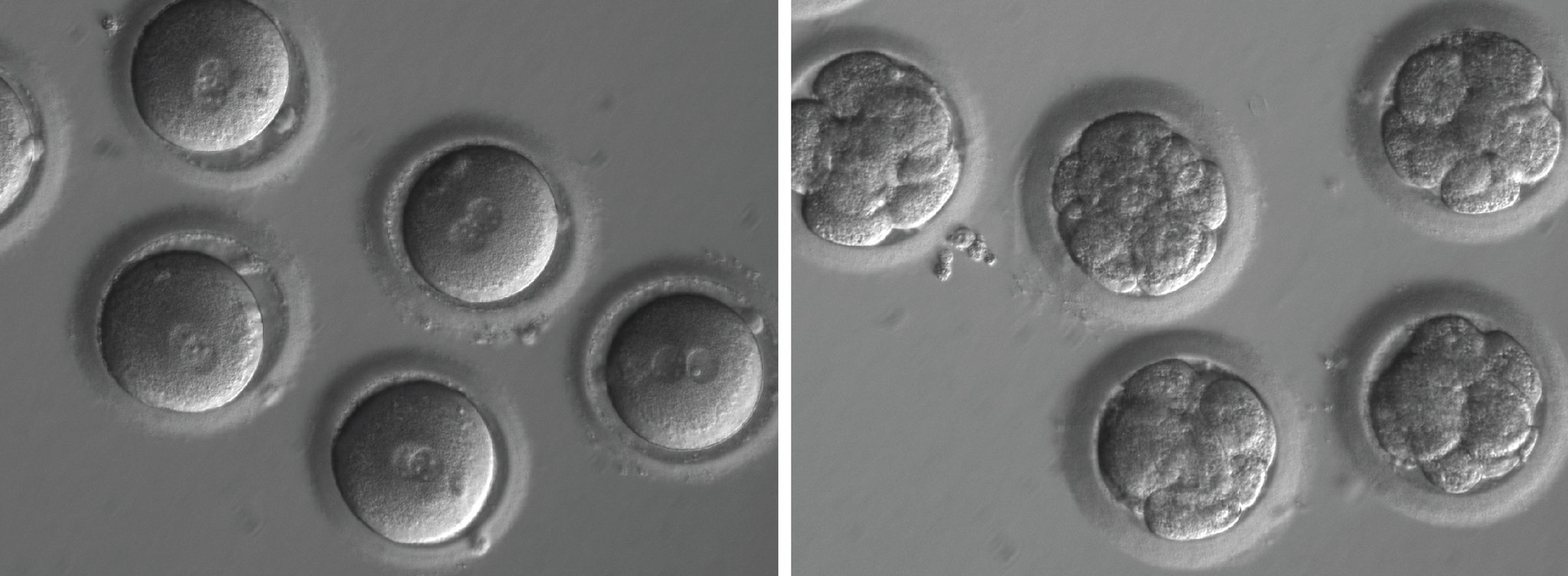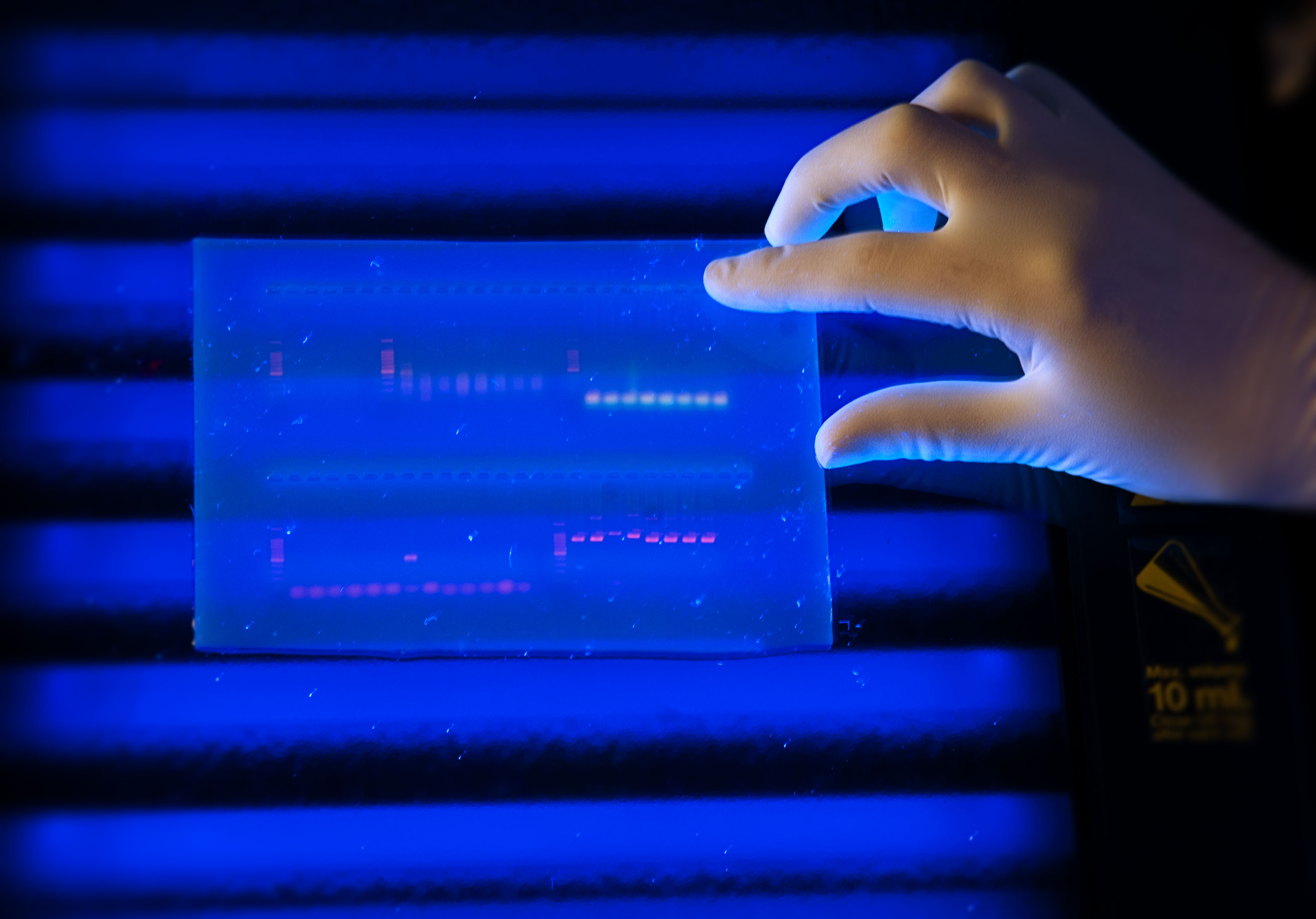The world we currently live in would have seemed like science fiction to humans in the not to distant past. Everyday more and advancements transform sci-fi dreams into reality. Most recently gene editing of human embryos has been birthed into the realm of possibility (cheesy pun intended!). In theory gene editing embryos could allow you to choose preferential traits in your soon to be human flesh-blob. That level of ability does not currently exist, but the latest developments in gene editing are still pretty astonishing.

(Photo credit: Ma et al. 2017)
In a recent study scientists took a human embryo and edited a dangerous mutation from the genes of that embryo; human reality, meet science fiction. Scientists at Oregon Health and Science University, with colleagues in California, China and South Korea, edited embryos, fixing a mutation that causes a common heart condition that can lead to sudden death later in life. The biggest hurdles were producing embryos in which all cells, not just some, were mutation-free, while also avoiding creating unwanted extra mutations during the process. The researchers found that when gene-editing components were introduced with sperm to the egg before fertilization, the success of the process was markedly different from previous approaches. If embryos with the repaired mutation were allowed to develop into babies, they would not only be disease-free but would also not transmit the disease to their descendants.

(Photo credit: SNRE Lab/Flickr)
There are A LOT of moral and ethical implications around gene editing embryos, with many unforeseen medical consequences of making inherited changes to human DNA. There are also cultural implications as gene engineering could lead to another form of eugenics, where those with the means to confer preferable traits to their offspring exclusively benefit from this technology. Attempts have been made to establish regulations and boundaries to the application of gene editing. An influential science advisory group formed by the National Academy of Sciences and the National Academy of Medicine has strongly urged that this technology only be used for dire medical problems.
Only time will tell the effectiveness of gene editing regulation. For now these recent advancements in embryonic gene editing open up a world of possibilities, and push human technological ability into the realm of the remarkable and somewhat unbelievable.
You can read the full article of this recent work published in the journal Nature.